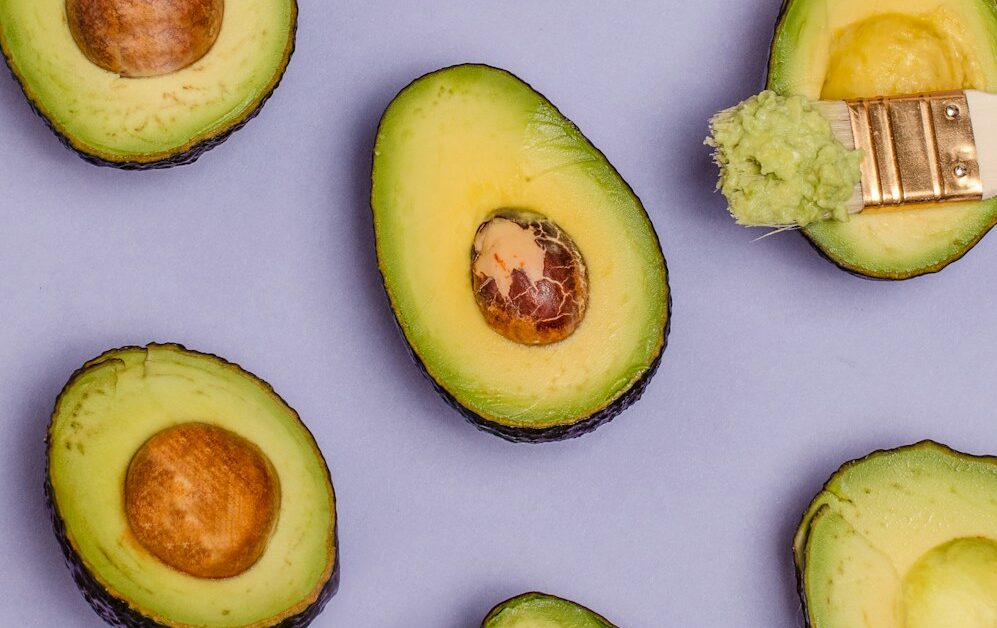How to Maximize Nutrition on a Keto Diet
Following a ketogenic diet can be an effective way to lose weight and improve overall health. This low-carb, high-fat diet has gained popularity in recent years due to its ability to promote fat burning and stabilize blood sugar levels. However, it is important to ensure that you are still getting all the necessary nutrients while on a keto diet. Here are some tips on how to maximize nutrition on a keto diet:
1. Focus on Quality Fats
Since the keto diet is high in fat, it is crucial to choose healthy sources of fats. Opt for foods that are rich in monounsaturated and polyunsaturated fats, such as avocados, nuts, seeds, and fatty fish like salmon. These fats provide essential fatty acids and help reduce inflammation in the body.
2. Include a Variety of Non-Starchy Vegetables
While the keto diet restricts carbohydrates, it is still important to consume an adequate amount of fiber and micronutrients. Non-starchy vegetables like leafy greens, broccoli, cauliflower, and zucchini are low in carbs and high in fiber, vitamins, and minerals. They also add color and flavor to your meals.
3. Prioritize Protein Sources
Protein is an essential macronutrient that plays a crucial role in building and repairing tissues, supporting immune function, and maintaining muscle mass. When following a keto diet, it is important to choose high-quality protein sources such as lean meats, poultry, fish, eggs, and plant-based proteins like tofu and tempeh.
4. Include Fermented Foods
Fermented foods are rich in beneficial bacteria that support gut health and boost the immune system. Incorporating foods like sauerkraut, kimchi, kefir, and yogurt can help maintain a healthy balance of gut bacteria while on a keto diet.
5. Stay Hydrated
Drinking enough water is important for overall health, and it becomes even more crucial when following a keto diet. The body excretes more water and electrolytes on a low-carb diet, so it is important to stay hydrated to prevent dehydration and electrolyte imbalances. Aim to drink at least 8 cups of water per day and consider adding electrolyte-rich foods like avocados, leafy greens, and nuts to your diet.
6. Consider Supplementation
While it is possible to get all the necessary nutrients from a well-planned keto diet, some individuals may benefit from supplementation. For example, omega-3 fatty acids, vitamin D, and magnesium are commonly deficient in the general population and may need to be supplemented while on a keto diet. Consult with a healthcare professional to determine if supplementation is necessary for you.
7. Plan and Track Your Meals
Planning and tracking your meals can help ensure that you are meeting your nutritional needs while on a keto diet. Use a food diary or a mobile app to keep track of your macronutrient intake and adjust your meals accordingly. This will help you identify any nutrient gaps and make necessary adjustments to maximize nutrition.
8. Listen to Your Body
Every individual is unique, and what works for one person may not work for another. Pay attention to how your body responds to the keto diet and make adjustments accordingly. If you experience any negative symptoms or nutrient deficiencies, consider modifying your diet or seeking guidance from a healthcare professional.
- Remember that nutrition is not just about macronutrients; it is also about getting a wide range of vitamins, minerals, and antioxidants.
- Consider incorporating herbs and spices into your meals to add flavor and boost the nutritional value.
- Be mindful of your salt intake, as the keto diet can increase the risk of electrolyte imbalances.
- Don’t be afraid to experiment with new recipes and food combinations to keep your meals interesting and nutritious.
By following these tips, you can ensure that you are maximizing nutrition while on a keto diet. Remember to prioritize nutrient-dense foods, stay hydrated, and listen to your body’s needs. With proper planning and attention to your nutritional needs, the keto diet can be a healthy and sustainable way to achieve your health goals.
